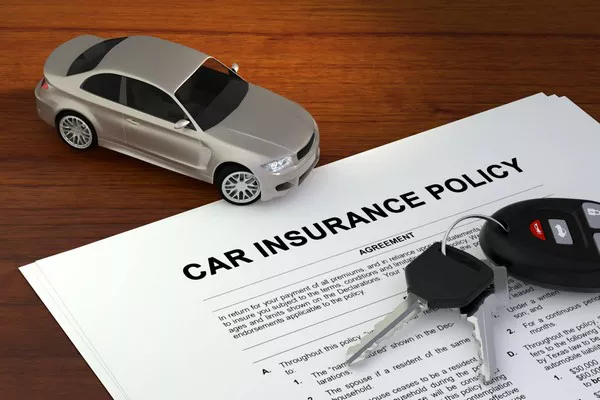When it comes to managing your finances, car insurance is often a significant consideration. However, life circumstances can change, leading some individuals to contemplate the decision of discontinuing their car insurance coverage. In this article, we will explore the various aspects of what happens if one stops paying car insurance, shedding light on potential consequences and offering guidance for making informed decisions.
1. Understanding the Legal Implications:
a. State Laws and Requirements:
Car insurance is not just a financial safety net; it’s a legal requirement in most states. Each state has its own set of rules and regulations regarding minimum coverage. Ceasing insurance payments may result in legal consequences, including fines or license suspension.
b. Liability for Accidents:
Without active insurance, you may become personally responsible for any damages or injuries caused in an accident. This can lead to substantial financial burdens, especially if multiple parties are involved.
c. Impact on Driving Record:
Uninsured incidents can tarnish your driving record, affecting your ability to secure affordable coverage in the future. Understanding the long-term implications is crucial for maintaining a clean driving history.
2. Financial Ramifications:
a. Out-of-Pocket Expenses:
A lack of insurance means you’ll be responsible for covering your own expenses in the event of an accident. This includes vehicle repairs, medical bills, and potential legal fees.
b. Risk of Asset Loss:
If you have a car loan or lease, discontinuing insurance could violate the terms of your agreement. Lenders often require comprehensive coverage to protect their investment. Failure to comply may lead to repossession.
c. Credit Score Impact:
Defaulting on financial obligations related to a car, such as insurance, can negatively impact your credit score. This can affect your ability to secure loans or favorable interest rates in the future.
3. Impact on Personal Safety:
a. Health and Well-being:
Insurance provides not only for your vehicle but also for your well-being. In the absence of coverage, your access to necessary medical treatments and rehabilitation services may be compromised.
b. Emotional Stress:
Dealing with the aftermath of an accident without insurance can be emotionally taxing. The stress of financial and legal repercussions can significantly impact your mental well-being.
4. Future Insurance Challenges:
a. SR-22 Requirement:
In some cases, a lapse in insurance coverage may lead to the need for an SR-22, a certificate of financial responsibility. This document is often required for high-risk drivers and can result in higher premiums.
b. Difficulty Obtaining Coverage:
Insurance providers may view a history of lapses in coverage as a red flag. This can make it challenging to secure affordable insurance in the future, as companies may perceive you as a higher risk.
c. Limited Coverage Options:
If you’re able to obtain coverage after a lapse, it may come with limitations or exclusions. Certain incidents or types of coverage may be unavailable or significantly more expensive.
5. Alternatives and Solutions:
a. Exploring Lower Premium Options:
If financial constraints are prompting the consideration of discontinuing insurance, explore options for reducing premiums. This may include adjusting coverage limits, raising deductibles, or shopping for more affordable plans.
b. Communication with Insurers:
In challenging times, communicating with your insurance provider is key. They may offer temporary solutions, such as deferred payments or revised payment plans, to help you maintain coverage during difficult periods.
c. Government Assistance Programs:
In some cases, government assistance programs may be available to help individuals facing financial hardships. Research potential resources in your area that can provide support for insurance-related expenses.
Conclusion:
In conclusion, stopping car insurance payments is a decision that can have far-reaching consequences. Understanding the legal, financial, and personal implications is crucial for making informed choices. While financial challenges may arise, exploring alternative solutions and maintaining open communication with insurers can contribute to a more secure and responsible approach to managing car insurance. Remember, being proactive and well-informed is the key to safeguarding both your financial well-being and your peace of mind on the road.


